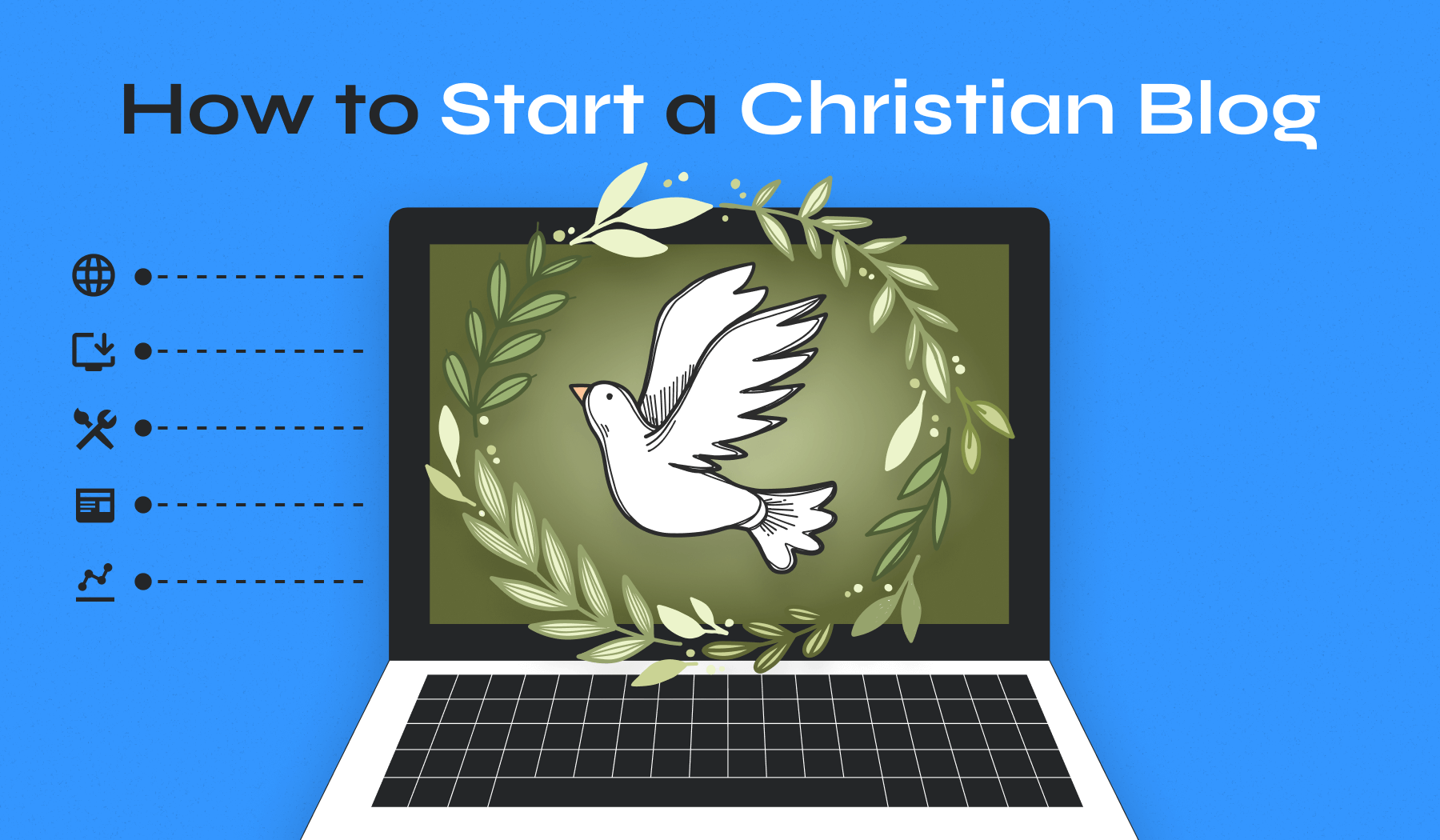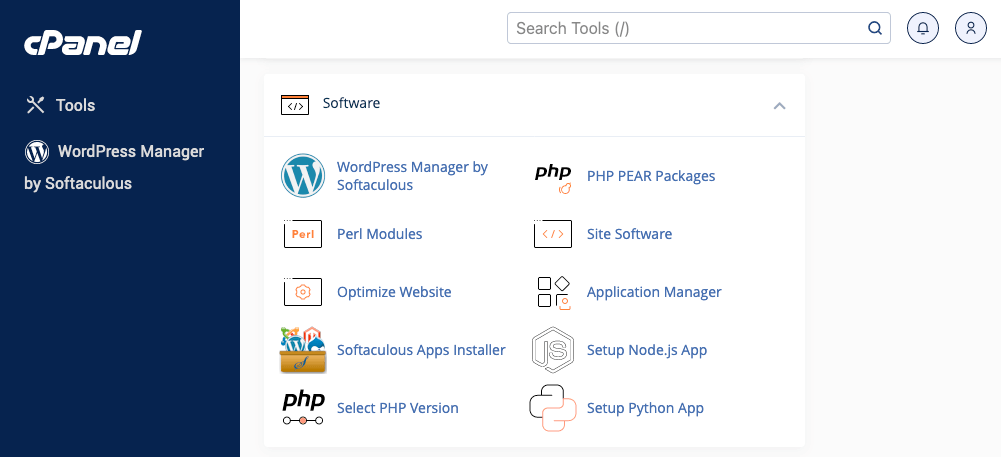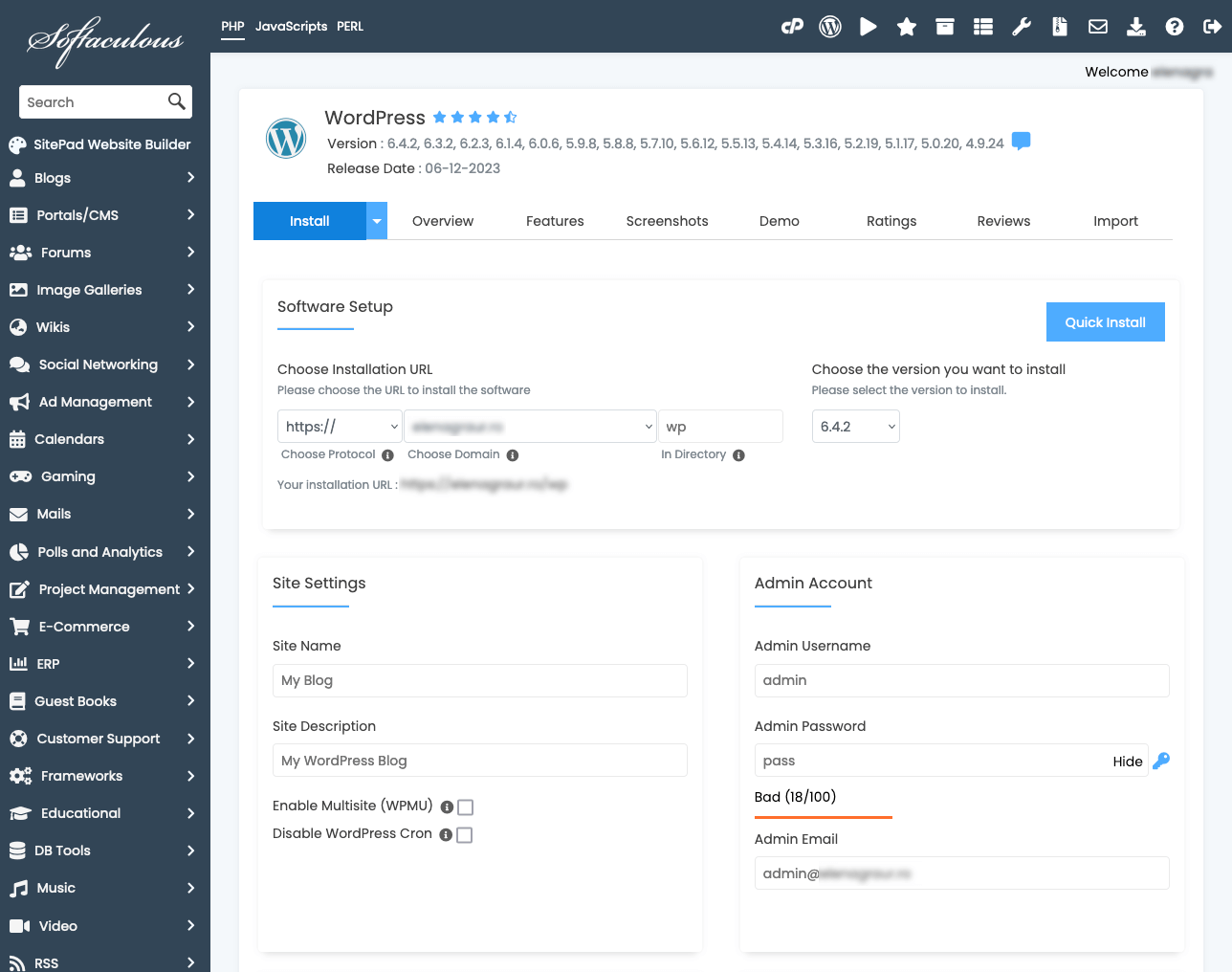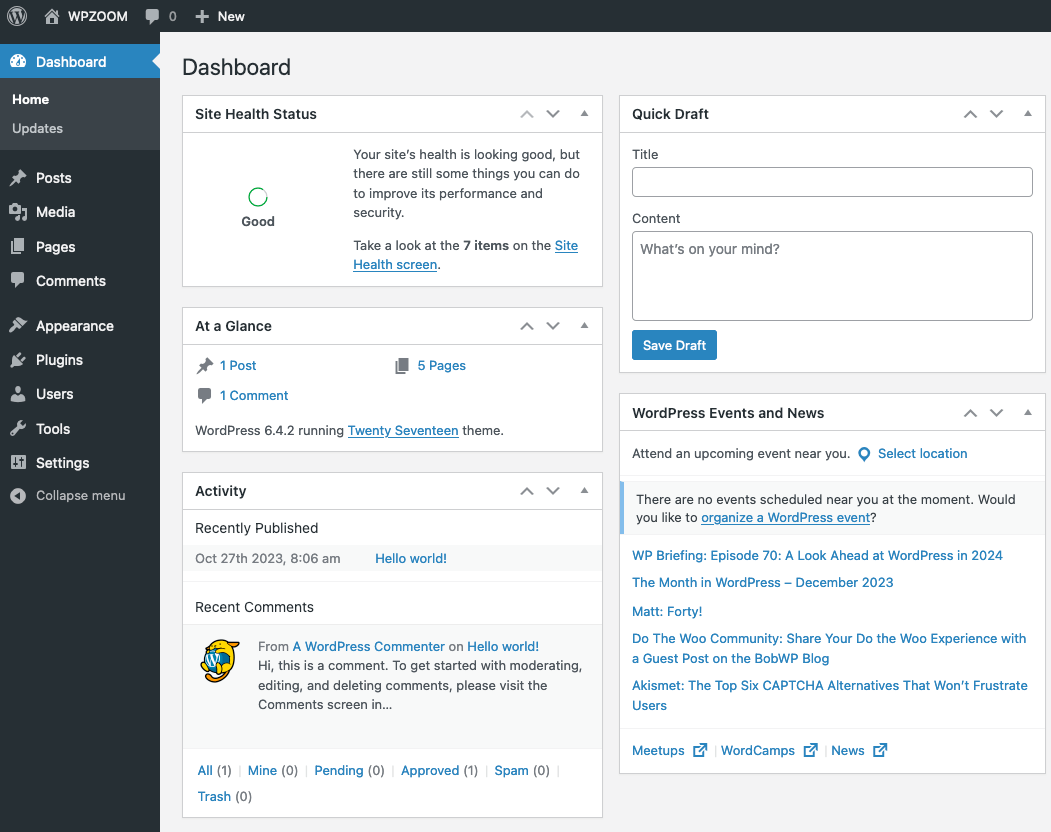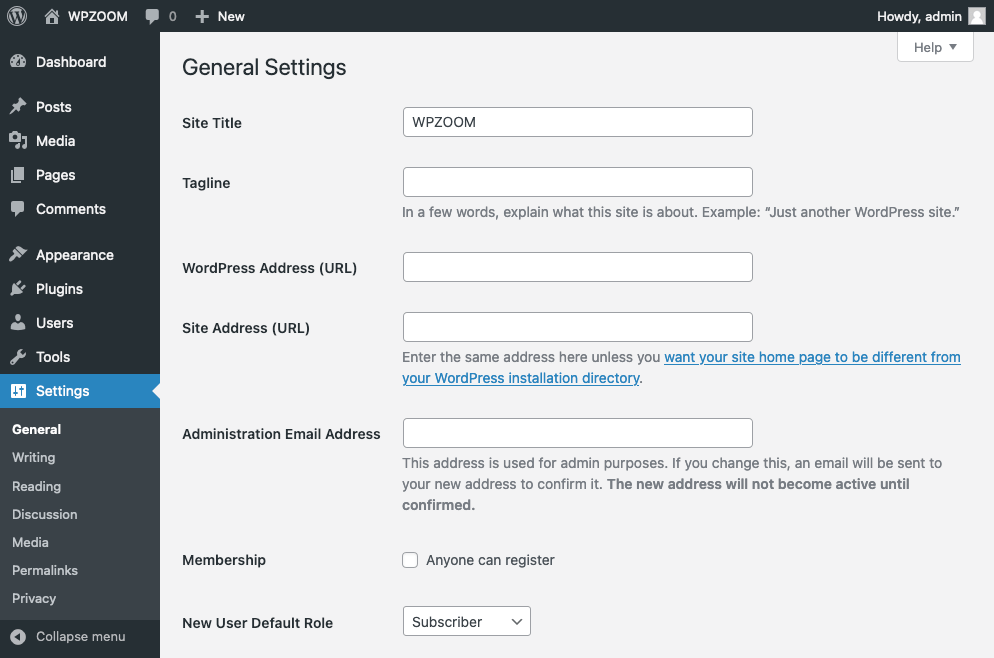Religion has always been a hot topic. Whether you’re looking to learn how to start a Christian blog for your benefit, to share your thoughts and create your community of religious friends, or you have bigger plans, one thing you need to remember is that this will be a challenge.
Christian blogging is not exactly new, but if you are creative and knowledgeable of the topic enough, there is still a lot to cover. The great thing about being a Christian blogger is that you get to have a voice and share your opinions with the Christian blogging community.
The journey will be challenging, but with our help and the knowledge we are glad to share, you can make it in this somewhat competitive field. Here are the most important things you should know.
Quick Guide to Starting a Christian Blog
Here’s a quick summary of the critical steps involved in creating a Christian blog:
Now, explore each aspect in more detail to ensure you’re well-equipped to make your Christian blog successful.
10 Steps to Start a Christian Blog: A Detailed Guide
The steps to create a Christian blog are relatively straightforward. Still, some parts are slightly unintuitive, and this guide will make the whole process much more manageable.
1. Identify Your Christian Blog Niche
One thing you should know about Christian blogs is that they can be incredibly successful. Perhaps this is due to the fact that Christianity is the most popular religion in the world and that there are more than 2.3 billion Christians worldwide, according to a 2020 estimate.
With a vast majority of this number being people with internet access, the potential audience for Christian bloggers is quite large. All you have to do is create a good blog, an exciting platform for your community. And it all starts with finding the proper niche.
How you choose the niche for your Christian blog will have a major impact on your success. Here are some Christian blog ideas you should consider:
- Christian book review blog
- Bible study blog
- Christian parenting blog
While the topic variety in Christianity is enormous, you’re not the first Christian blogger out there. The vast majority of topics are already covered, but there is still room for new bloggers to come out and play. If your niche choice is done smartly, you can still make it as a Christian blogger.
2. Choose a Name and Secure Your Domain
Once you’ve decided on the niche you want to focus on with your blog, it is time to choose a name for your blogging platform. This is where things can get a bit tricky because, as a Christian blogger, you want your blog’s name to be as relevant as possible but also somewhat clever without crossing the line.
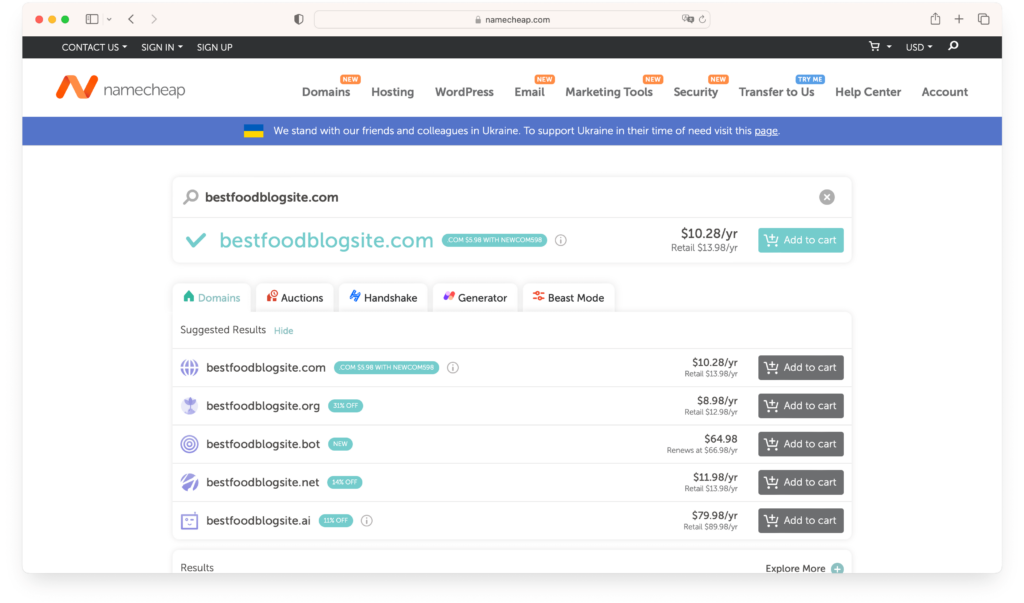
When choosing your blog name, keep a couple of things in mind. It needs to be short, relevant, easy to remember, and clever without crossing the line.
Another thing to pay attention to is whether the exact match is available as a domain for your blog.
3. Select a Hosting Provider
With your newly purchased domain name, you now have another tough decision ahead. Choosing your web hosting service will be another step that will significantly impact your site’s performance.

That’s because the variety of hosting providers out there can be somewhat overwhelming, especially if you are a beginner who isn’t completely aware of your necessities. That is where we can step in and help with a list of the best hosting providers for Christian bloggers.
The most important thing when it comes to choosing the right web host is finding a balance between the features, quality of services, and costs involved. As a beginner blogger, you will need to pay attention to your budget, which is why we also prepared a list of the cheapest hosting providers you can choose without compromising on quality.
4. Install WordPress
When it comes to finding the right CMS for your Christian blogging journey, there is no question about it: WordPress is the best choice for multiple reasons:
- Ease of use
- Reliability
- Customization options
There are many other options out there, but nothing beats WordPress as a CMS for faith blogging. Here’s how to install it on your blog to get things started.
- Log into Your Hosting Control Panel. This is often cPanel and is easily accessible through your hosting dashboard. The login information is usually available in your email, but you don’t even need it all the time if you are already logged into your hosting dashboard.
- Locate the WordPress Installer and Start the Installation Process. This one-click installer is straightforward to use. You can find it under the Softaculous tab or using the search bar in the control panel dashboard.


- Enter Your Site Information. You will now need to set up some information for your installation. Among other details about the site, you will also need to choose your login information for your WordPress dashboard, so you should pay extra attention during this step.


- Access Your WordPress Dashboard. Using the information from the previous point, you should now log into your WordPress dashboard and start customizing your WordPress site.


5. Select a WordPress Theme
Your Christian blog’s success will depend on various factors, but one of them is definitely the theme you choose. WordPress themes come in different shapes and sizes and have a huge variety of designs and features.
Choosing the right theme for your blog can be overwhelming to a certain extent, and that is why we are offering you a quick solution. Our experts have selected the three themes below as some of the most appropriate solutions for a successful blog for Christians, regardless of the niche.
These three themes have all the right features and come with design options that would work well for a Christian blog. Installing these WordPress themes is not difficult, and setting them up properly can be done in a couple of relatively easy steps.
While these three are excellent choices, our favorite is the Indigo theme for a successful Christian blog. It features the perfect balance between reliability, performance, and breathtaking design.
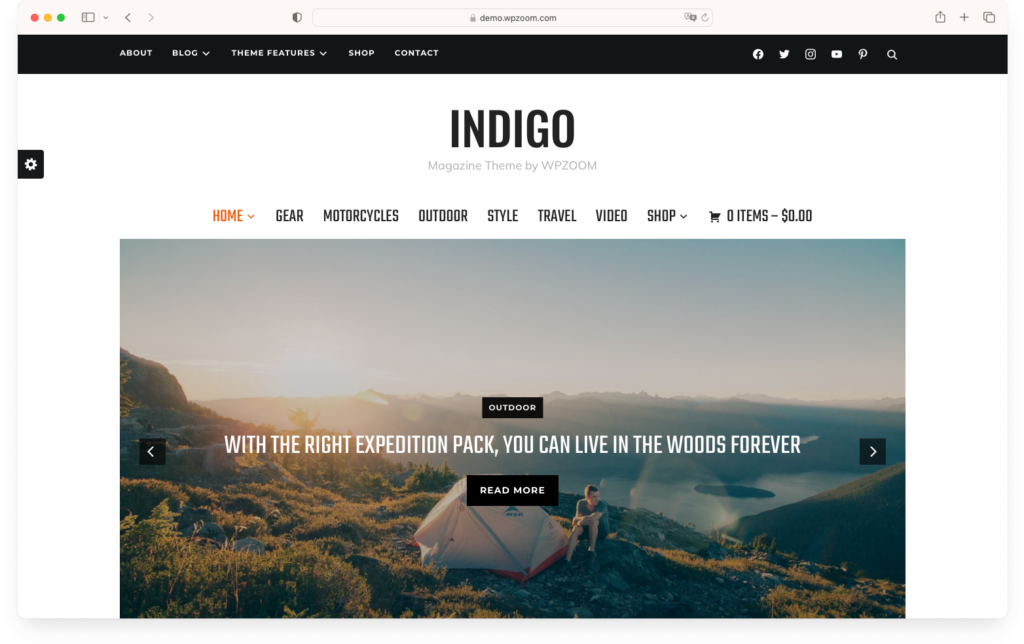
Regardless of the niche you choose or the layout you have in mind for your site, the Indigo theme can be easily adjusted to meet your preferences. Since it was particularly designed as a perfect solution for magazine-type blogs, it is the ideal choice for Christian bloggers.
6. Customize Blog Settings
Once you have an idea about the design you want to choose to match the Christian niche you will be activating, it is time to take matters into your own hands and start customizing your blog.
Getting it to look and function the exact way you want it to will take a lot more work and practice than this, but the step-by-step guide below is a list of bare necessities for a well-functioning Christian website. These steps lay the foundation on which you will build later on.
- Personalize Your Site Title and Tagline from General Settings. This is the very first step on your journey to customizing your blog. Here, you set up your site’s name and a short description, and these will need to be accurate, clever, and relevant. First impressions matter.


- Design an Intuitive Navigation Menu from Appearance > Menus. Providing your readers with a clever roadmap and all the right shortcuts to access the content they need easily will always be rewarded. Your visitors will appreciate having to put very little effort into finding what they are looking for, and they will return to your blog every time they need something. A good menu is essential and will help visitors navigate your site more easily and efficiently.
- Select Your Homepage Layout from Settings > Reading. The homepage is usually the page on your site that gets the most traffic. This is where your blog traffic is filtered and redirected to different blog sections. Therefore, the importance of finding the right layout for your homepage is quite obvious.
- Manage Comments Effectively from Settings > Discussion. Keeping your audience engaged is extremely important, especially for a Christian blog. Having an open dialogue with your readers is essential. Getting your readers involved and allowing them to have a voice will play a massive role in how they interact with your site and how often they will return.
- Optimize Your URL Structure from Settings > Permalinks. Having a clean and tidy URL structure is going to play an important role in the way your site will be appreciated by both human visitors and search engine crawlers. Make sure your URLs are short and relevant.
7. Install Essential Plugins
WordPress plugins are simple mechanisms that integrate with your theme to provide additional design options or functionality.
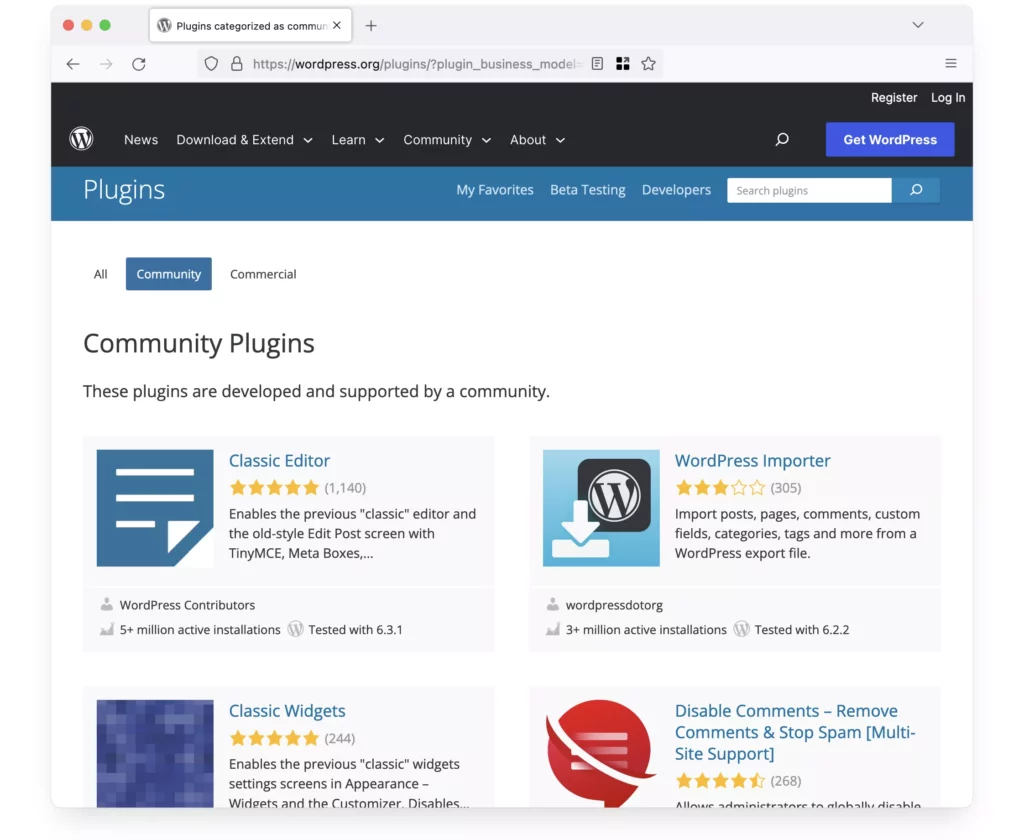

Without them, your site’s quality, safety, performance, and design will be limited to what your theme offers and that is usually not enough for a modern site. The key here is finding the right balance between the value brought by the plugin’s functionality and its impact on the site resources.
Plugins are great and easy to install, but knowing what you need and what you don’t is essential. Here are what plugins we think are essential for a Christian blog. Of course, you can make your own choices, but always keep in mind that too many plugins will slow down your site.
8. Plan and Create Captivating Posts
A clear and clever content strategy will be as important as everything else in this guide. You should always think ahead to match the themes of your posts to the upcoming events, whether they are religious holidays or events.
Also, you should always remember that your readers are particularly interested in the topics surrounding your niche, so straying too far from what your site is about may harm how your content is received by your audience.
Always plan ahead and ensure that you provide your readers with content that you would appreciate finding on a similar blog yourself.
9. Promote and Expand Your Christian Blog
Your content will have little to no value if you don’t manage to get people to visit your site and read or see it. That is why learning to promote your site is equally important to building and maintaining it neatly and updated.
There are several ways to market your blog efficiently. One option is SEO (Search Engine Optimization). This is the best choice for forward-thinking bloggers, as it is the best strategy for the long term. It does take a lot of work and involves following a very strict set of rules and guidelines while building your site and creating your content, but it pays off in the long run. The long run can be pretty long in some cases, depending on the actual niche, so you should keep that in mind, too.
An excellent choice for many Christian writers who are just getting started is using the power of social media to promote their successful Christian blogs. Social media can be a very efficient tool for marketers and can be used for various topics. Religion is a more sensitive one, and you will need to learn the ropes and thread lightly to avoid issues. Still, there are hundreds of Facebook groups and pages dedicated to Christianity, and you should be able to promote your blog there without too many issues.
If you choose a more visual approach, you can use the WPZOOM Instagram Widget plugin to share your content easily on this platform. You can use the WPZOOM Social Media Icons Widget plugin for all other social media platforms.
10. Make Money With Your Christian Blog
Even though the Christian religion generally teaches us not to focus on money, the reality of our day-to-day lives tells us something different. That is why, regardless of the niche of your blog, you will need to find ways to monetize it if you want to dedicate yourself to it and achieve the success you are dreaming about.
There are many ways to make money online, and monetizing a blog can be done in various ways. But for beginners interested in this article, here are some of the most popular strategies.
- Display ads are as simple as they get. By signing up for Google AdSense or similar platforms, you can create value for each visitor to your Christian blog. Every page of your site will have ads; each time a reader sees them, you will receive a certain amount of money. That being said, the thing about display ads is that you will need to have a lot of traffic to make money that can cover the costs of running a blog.
- Affiliate Marketing is slightly different. Through affiliate marketing, you get paid a commission for every purchase your readers make from your affiliate link on the websites you promote. For example, if you recommend a book in one of your posts, you can share a link with your specific affiliate code to earn a commission every time one of your readers purchases that book through your link. This is a very lucrative way to earn money from your own blog, and it works particularly well if you are creative and attentive enough to understand what your target audience wants and needs.
- Sponsored Content is a more personal way of using display ads. Sponsored content can mean anything from placing banners on your site to promote a particular business to writing blog posts about certain services or even making posts on social media. Sponsored content is a great tool mainly because of the freedom it gives you. You get to choose the businesses you collaborate with, you get to set your own pricing, and you can use any of the ways presented above to promote.
- Digital Products can be a great way for a Christian blogger to earn extra money. You can sell e-books on the topics you focus on in your blog posts, subscription-based podcasts, or even create a paywall on your blog and sell access to your most interesting and complex content. As long as you build a community and have your readers trust and appreciate you as an author, you can sell a wide range of products.
Bottom Line
Learning how to start a Christian blog is pretty easy. Real success, making a real impression on your readers, and staying in business for years will require more than just getting things started. Here is what we think you should also focus on:
- WordPress SEO. Learn to optimize your content for search engines to get more traffic for years to come.
- WordPress Speed Optimization. People like fast websites. Here is how you can make the best of your site’s performance. Learn all the tricks you need to have a quick site.
- WordPress Security. Security is of utmost importance when it comes to your own Christian blog. Here are our experts’ tips and tricks on keeping your site safe.

